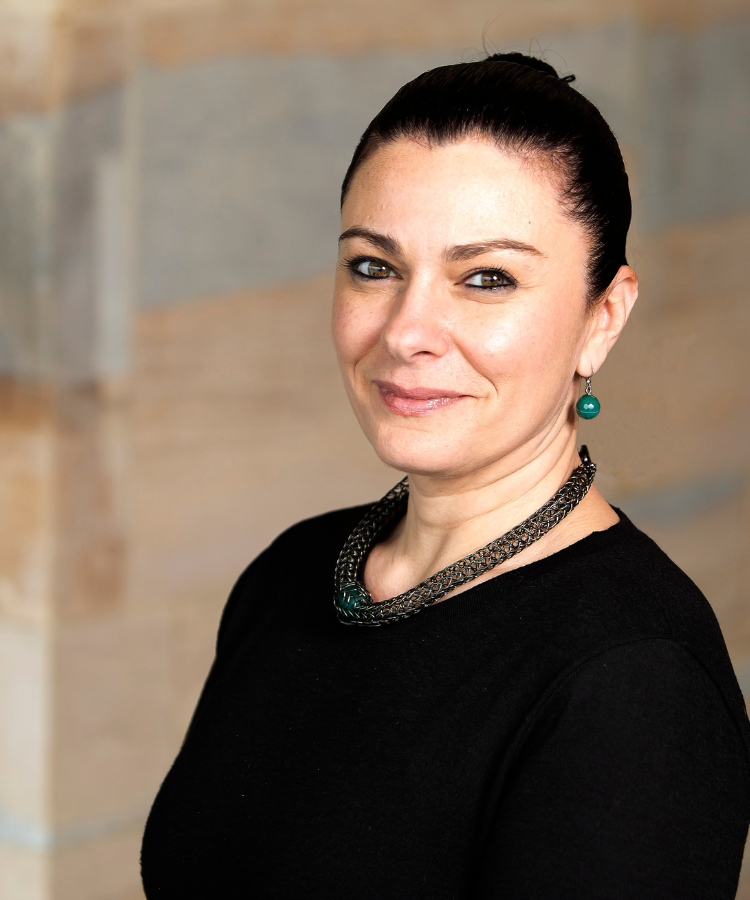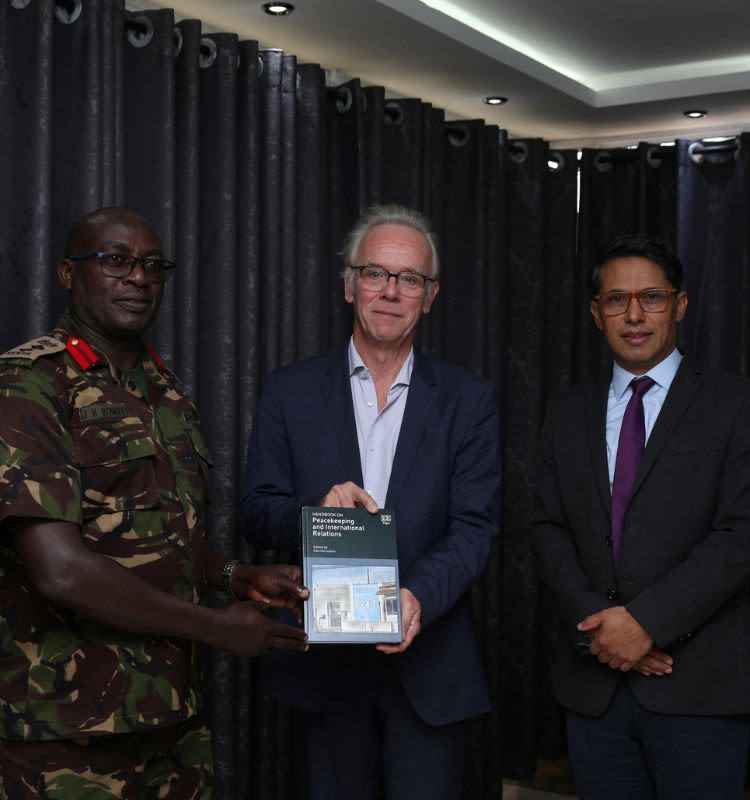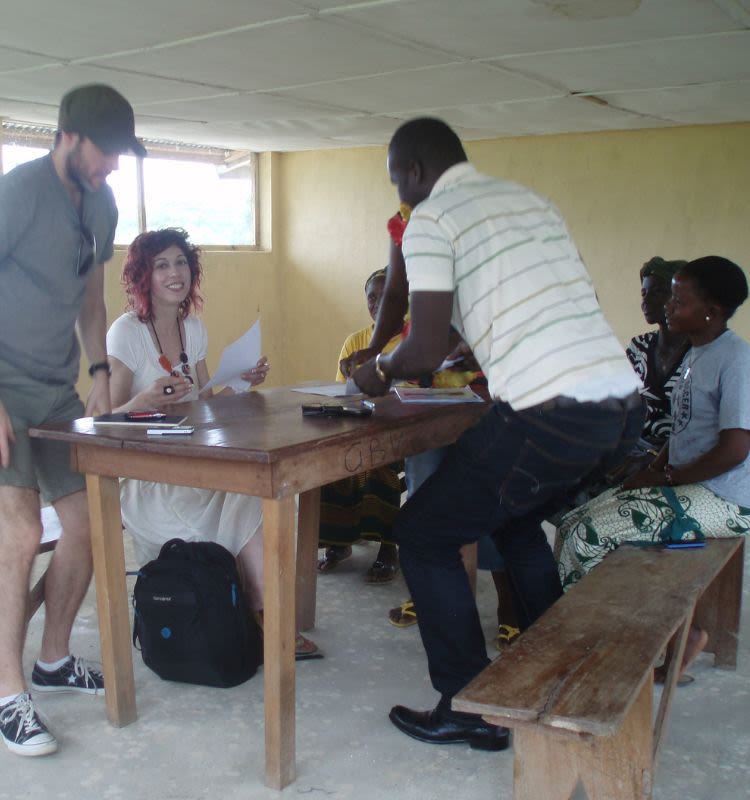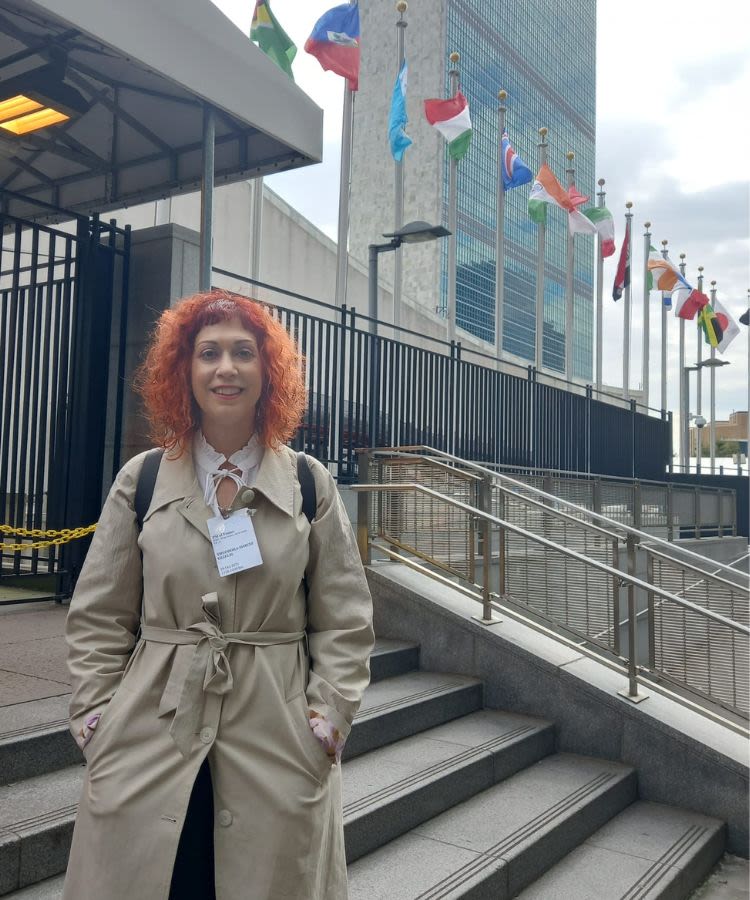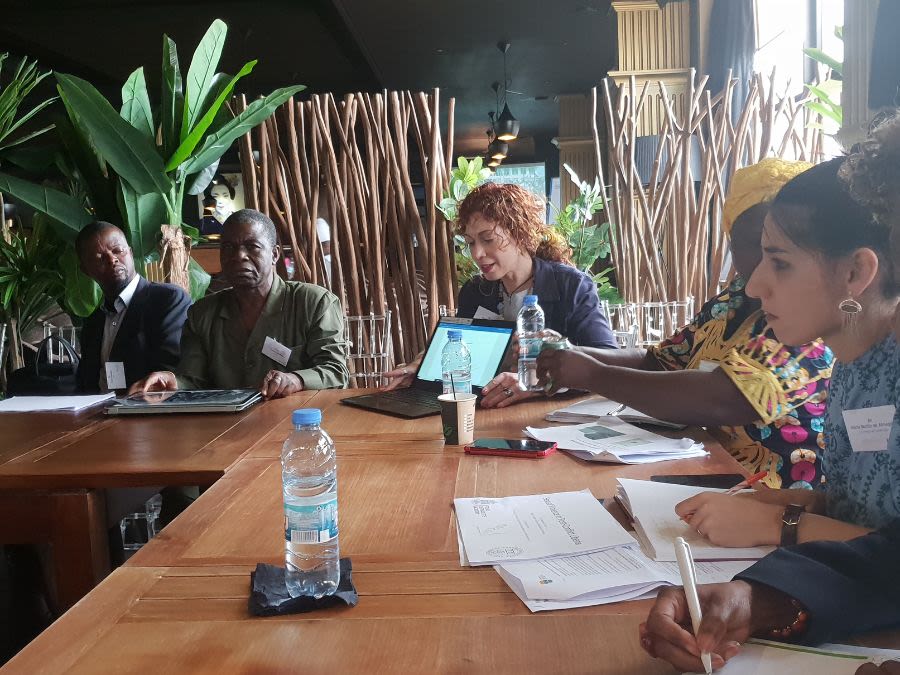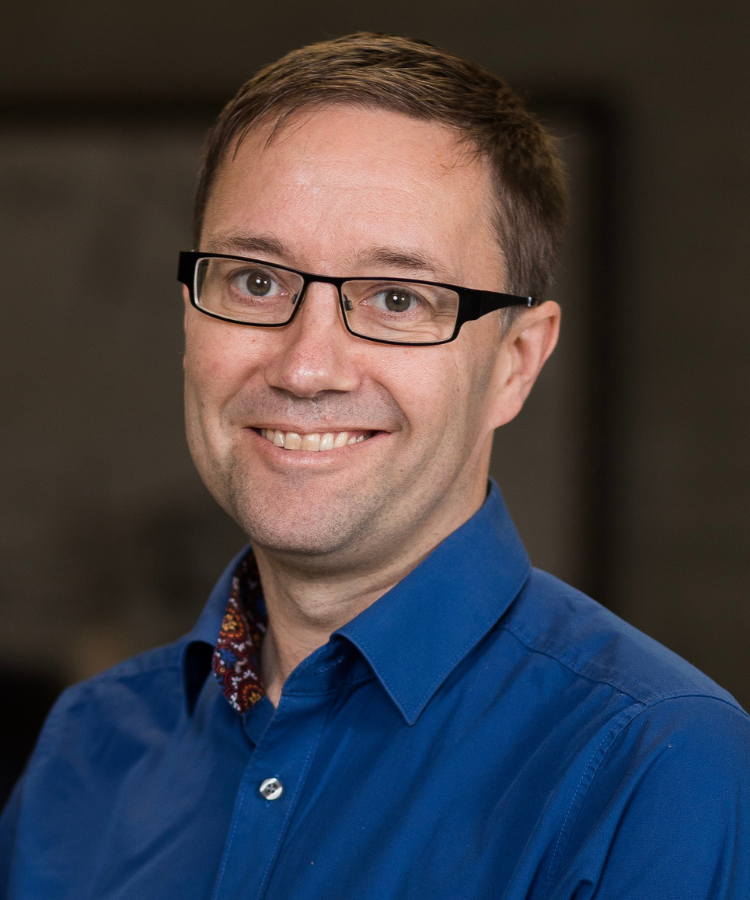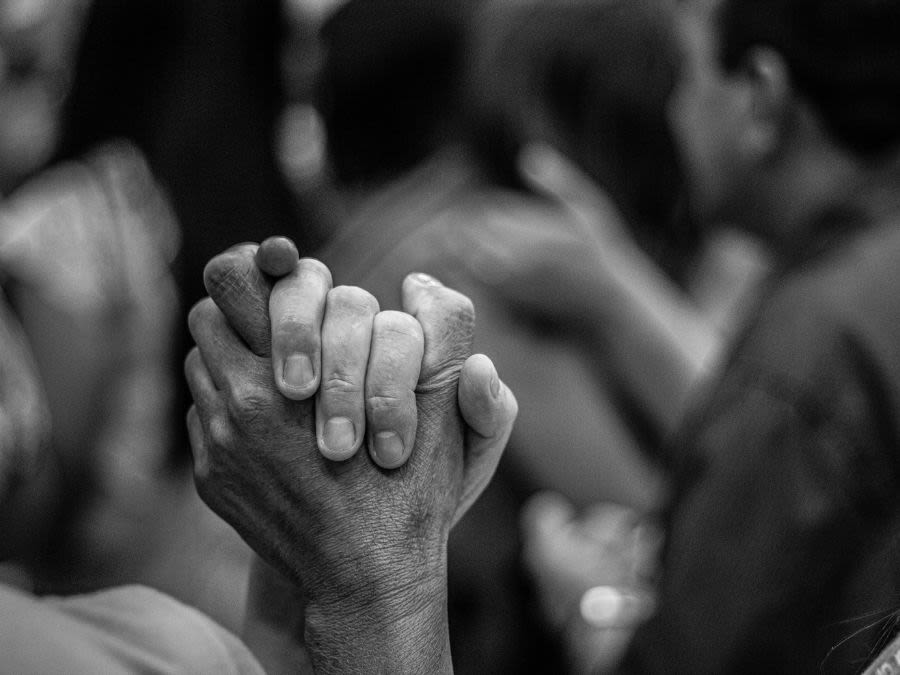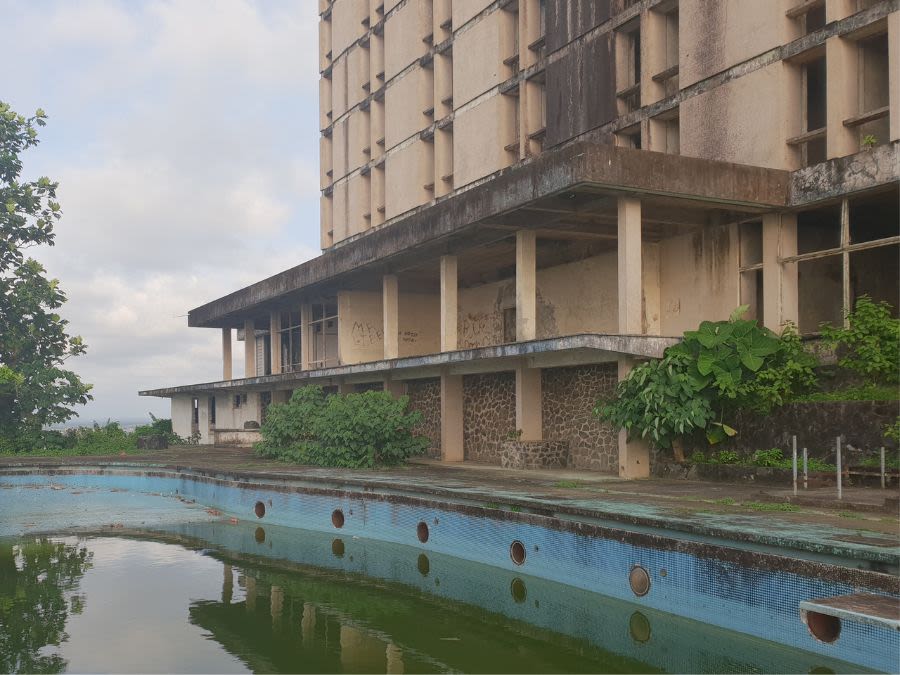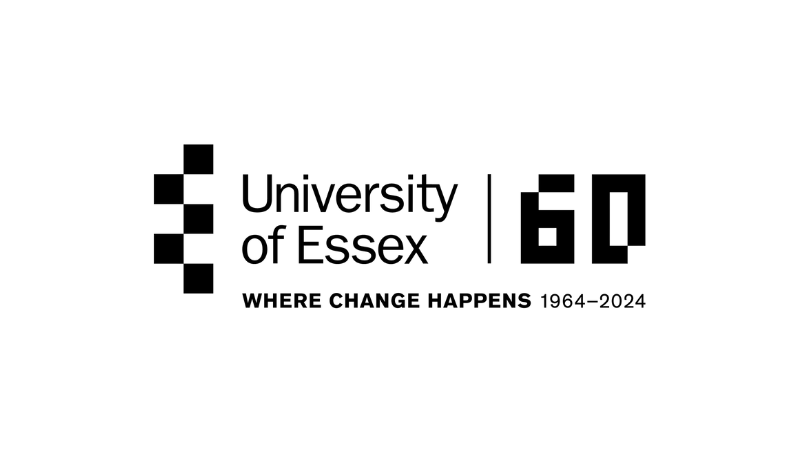Navigating the complex road to peace
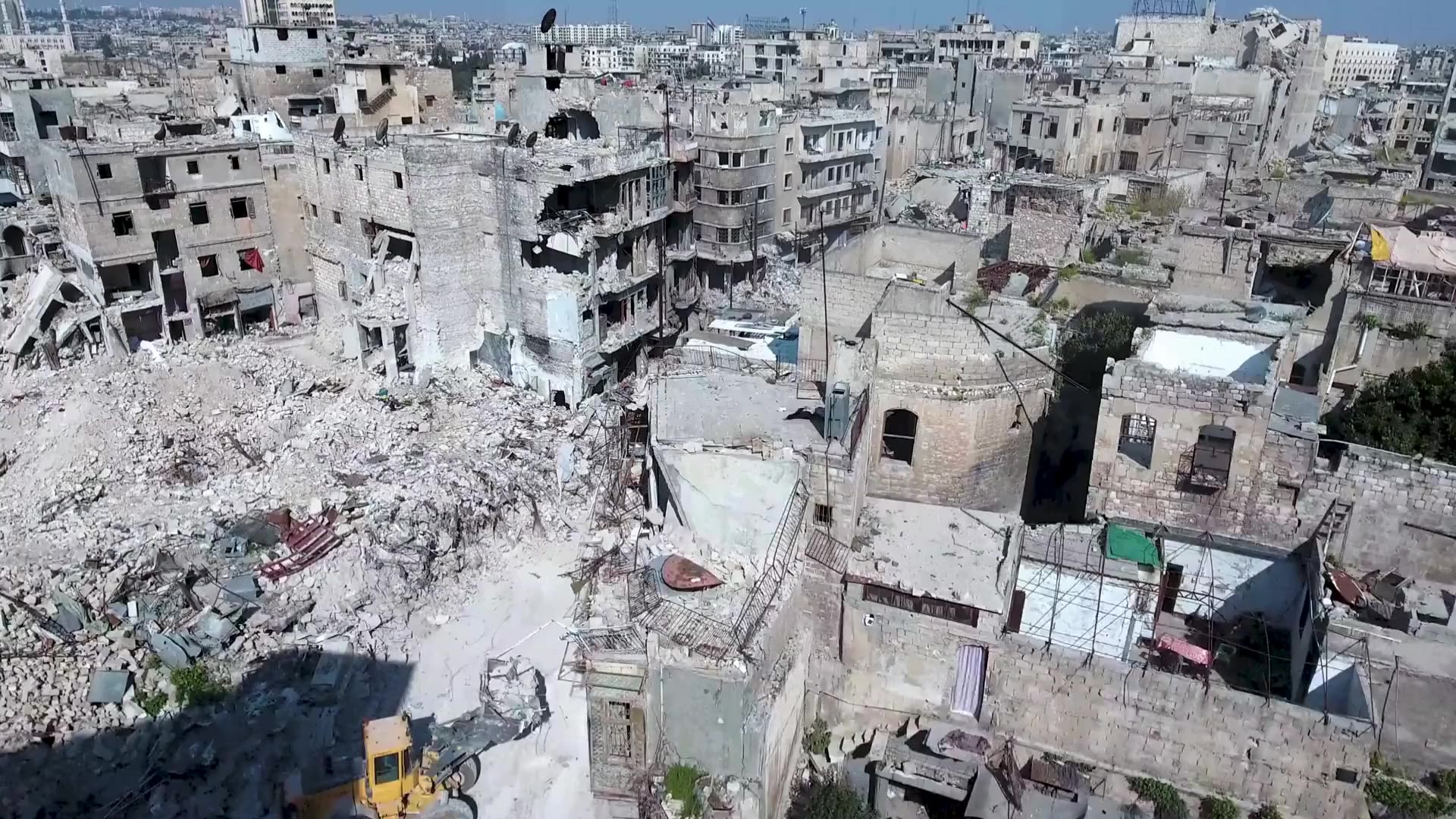
The number of violent conflicts around the globe has increased dramatically in the past 15 years – and people’s sense of safety and security is said to be at an all-time low.
Renowned for pioneering advancements in conflict analysis, peacebuilding strategies and data-driven policymaking, our Department of Government has significantly influenced efforts to better understand how to prevent and resolve violent conflicts.
With cutting-edge research, leading to real-world impact, our political scientists have positioned themselves as a vital force in shaping global security and understanding the complexities of peacebuilding in some of the world’s most challenging regions.
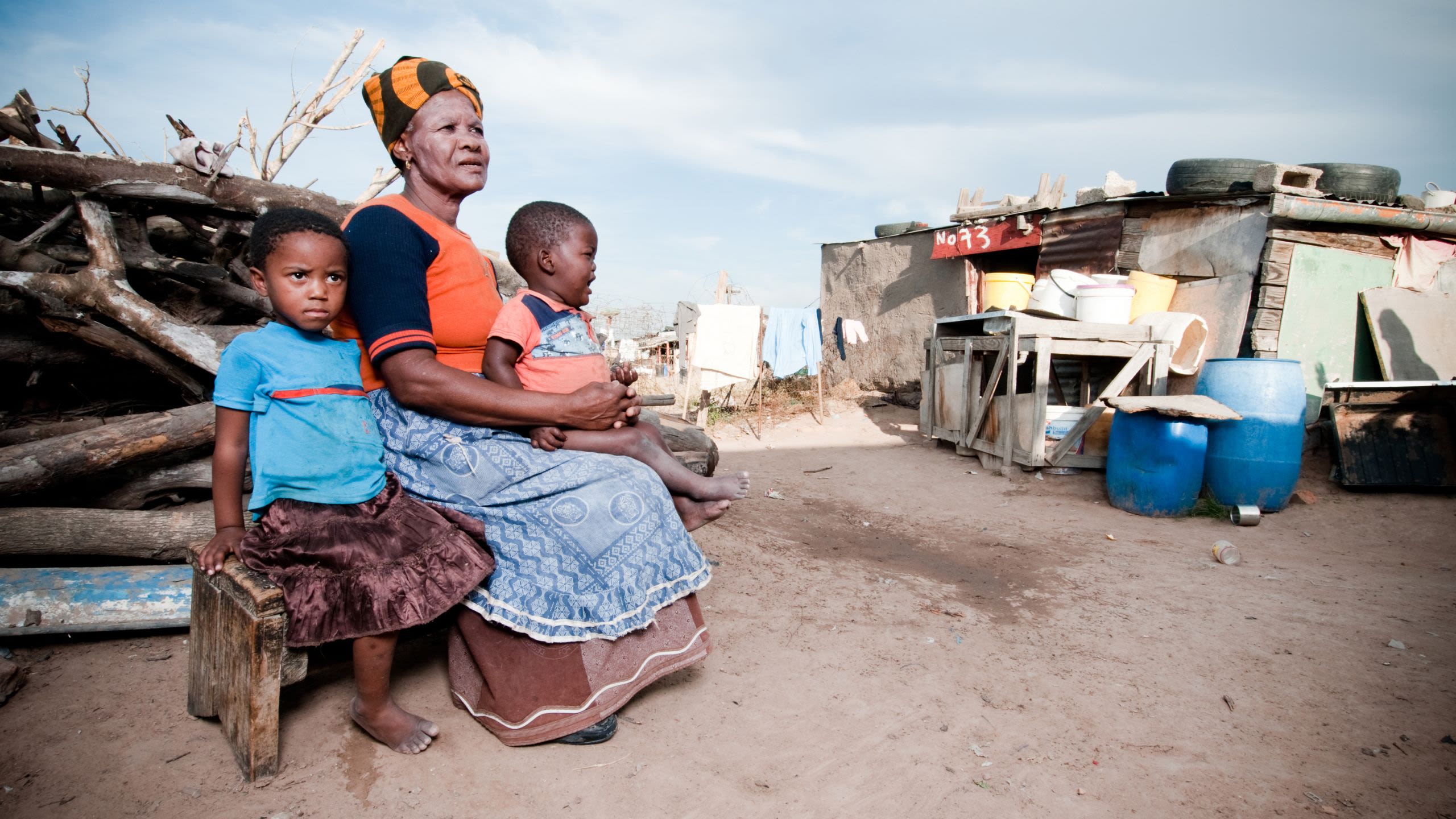
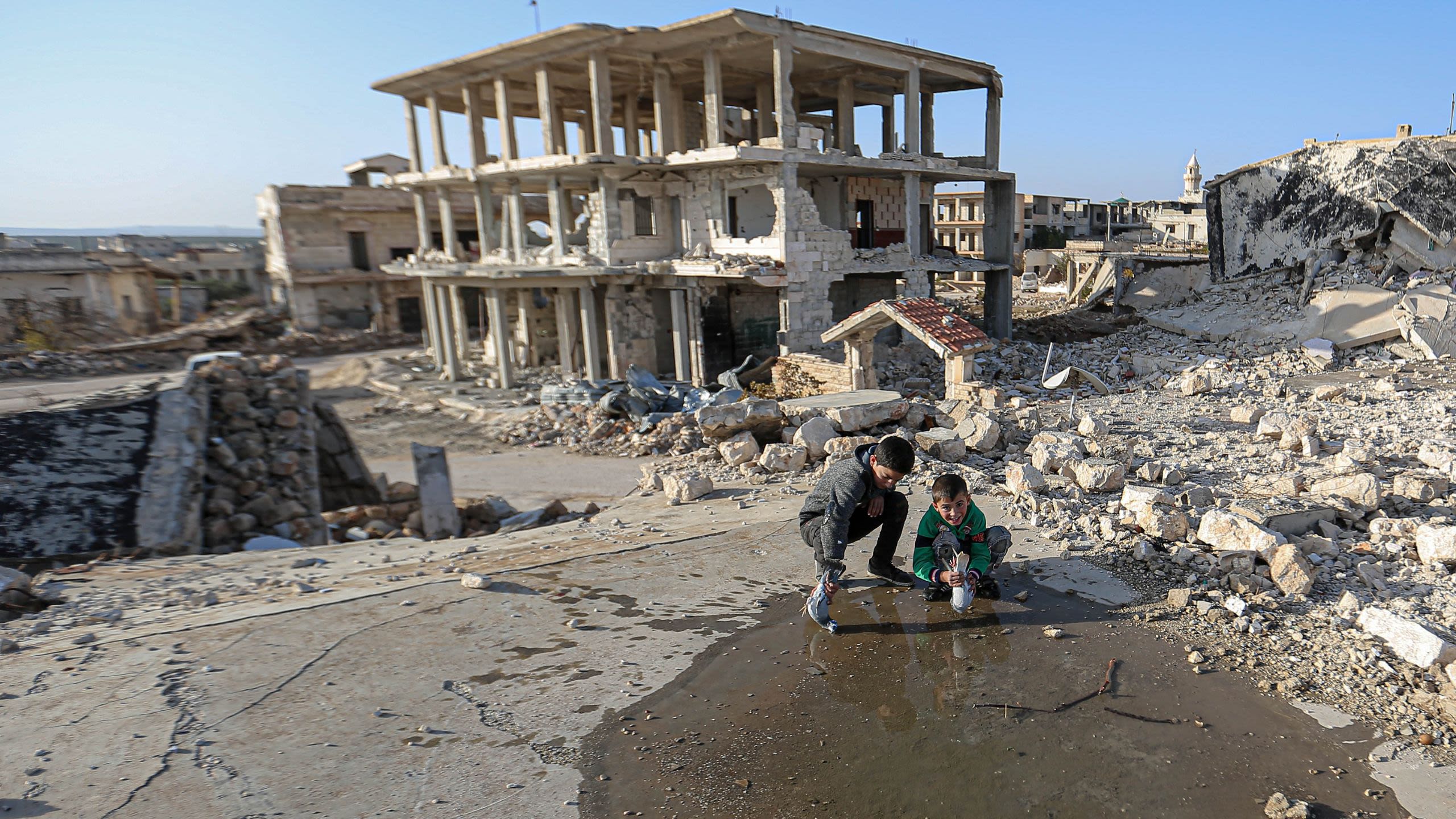
The world is facing the highest number of violent conflicts since the Second World War, with a quarter of the globe’s population – two billion people – living in places affected by conflict.
Against this backdrop there have been calls for the United Nations to rethink its efforts to achieve sustainable peace by enhancing resilience against the complex challenges of the 21st Century.
A key to this issue is effective conflict resolution - the often complex process of settling disputes and reaching peaceful resolutions. By tackling the underlying causes of conflict, people can hopefully resolve their differences peacefully and help prevent future violence.
Our Department of Government stands as a global powerhouse in the study of conflict and conflict resolution, advising political parties, governments and international NGOs and setting the gold standard for research and practice in this critical field for decades.
Finding patterns behind conflicts
Research involving our academics is strengthening security around the world by ensuring policymakers, military institutions, think-tanks, academics and journalists have access to substantial, up-to-date information on international conflicts when they need it.
Professor Faten Ghosn, Head of our Department Government, is working with the U.S. Air Force Academy, University of Arizona, and West Virginia University on a three-year expansion of the Correlates of War Project’s Militarized Interstate Dispute (MID) Data - the most prominent and widely used resource in the study of international conflict and international relations.
Understanding patterns of conflict is critical for informed decision-making and the MID project is advancing knowledge of the conditions under which conflict, cooperation and competition are more likely to occur.
The Correlates of War Project currently incorporates all MIDs worldwide from 1816 to 2014. The sixth update will add data up to 2024 and a new component called MID Live which uses near real-time incident detection to identify militarized interstate disputes as they happen.
“As we are seeing a resurgence of hostilities across the globe, this research is more important than ever,” explained Professor Ghosn. “The expansion of the MID data and our new innovations ensure that researchers have the data they need to study important and pressing questions in international conflict.
“MID is critical for all organisations and individuals concerned with national security as it will provide interested parties with the opportunity to develop an analytical understanding of when national security incidents are likely to escalate to military force or are likely to be managed before it gets to this point.”
Life after laying down weapons
In Colombia, almost half of the people who have been part of illegal armed groups joined when they were children.
Whilst many have died or are in prison, many are wanting to down weapons and become ordinary citizens.
Helping navigate this complex process is the reintegration agency ARN (Agency for Reincorporation and Normalisation) – which is helping these former combatants gain the tools they need to recover their lives.
Peacekeeping experts Professor Han Dorussen and Dr Ximena Velasco Guachalla are leading a project to better understand the issues surrounding the reincorporation process of former FARC combatants - the main rebel movement in the long-running civil war in Colombia.
Working with colleagues and former Essex PhD students from Tadeo Lozano University in Bogota, Colombia, the project is mapping the different trajectories the former combatants have taken. This has included interviewing former FARC combatants and employees of the ARN to better understand how the reincorporation works in practice.
“I feel proud and honoured as a Colombian citizen to have the chance to study, for me, the most important milestone of us as a society - the peace accord with one of the oldest guerilla groups in the world... Han Dorussen has been a pillar for this research agenda.”
Dr Andrea Catalina Blanco Moreno
Tadeo Lozano University, Bogota

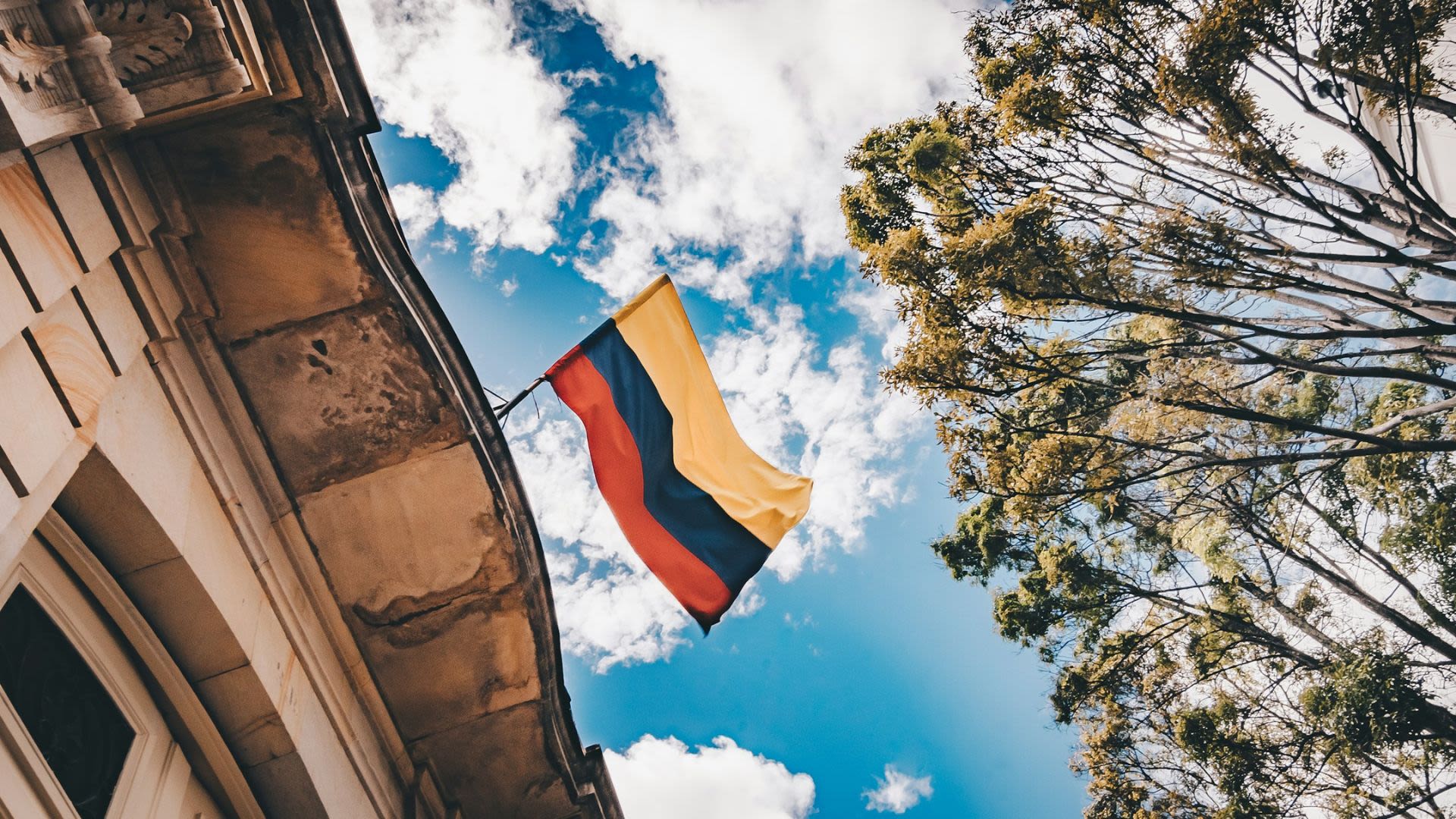
Building blocks to peace
Having worked as a disarmament and reintegration expert, military officer, peacekeeper, UN practitioner and academic, Dr Prabin Khadka offers a unique, multi-vantage perspective on how to build and sustain peace.
Last year, Dr Khadka was invited to a special event in Geneva by the Managing Exits from Armed Conflict (MEAC) project to share his invaluable insights gleaned from his fieldwork in regions including Somalia, South Sudan and Nepal.
He highlighted the importance of vocational training, social networks and psychosocial support in enabling successful reintegration after involvement with armed groups.
Sharing peacekeeping strategies
Professor Han Dorussen and Dr Prabin Khadka recently took part in a special event at the International Peace Support Training Centre in Nairobi, Kenya, where they held a workshop on local perception of peacekeeping missions, which was attended by military and civilian officials with an interest in peacekeeping, as well as the training centre’s staff and graduate students.
Pictured from left: Commandant of the Humanitarian Peace Support School at the International Peace Support Training Centre, Col J K Rongoei, with Professor Han Dorussen and Dr Prabin Khadka.
Pictured from left: Commandant of the Humanitarian Peace Support School at the International Peace Support Training Centre, Col J K Rongoei, with Professor Han Dorussen and Dr Prabin Khadka.
“This type of collaboration with peacekeeping academics and borrowing from their research findings are crucial steps toward further improving Kenyan peacekeeping strategies.”
Brig H A Amin
International Peace Support Training Centre in Nairobi
What has peacekeeping ever done for us?
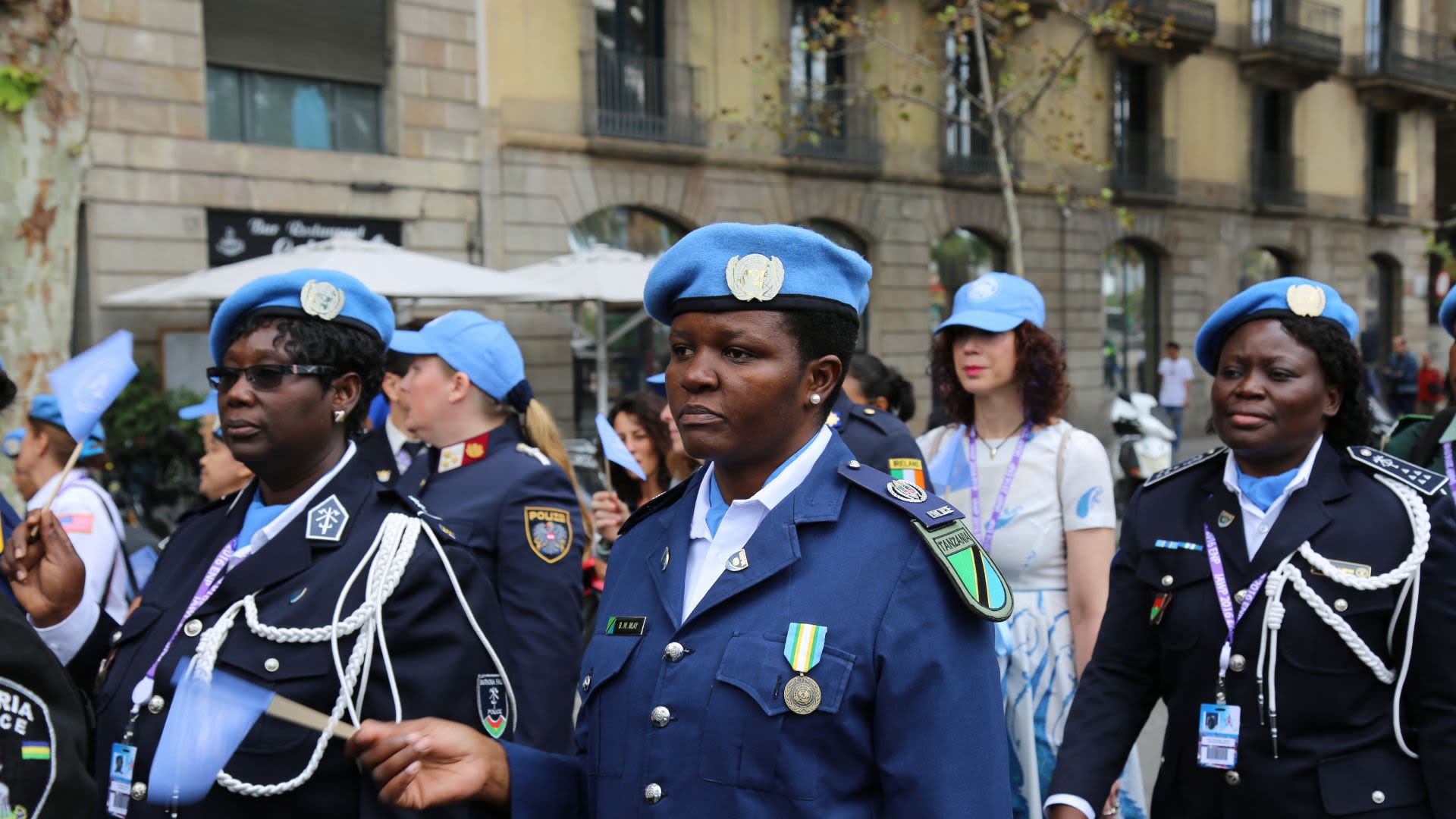
Professor Ismene Gizelis is leading an ambitious €2.47million project which explores the benefits of peacekeeping, post-conflict reconstruction and successful state building in war-torn countries.
Although UN peacekeeping operations have increasingly been criticised, The Peace Dividends and Post-conflict Reconstruction (Peace Dividends) project looks into the many positive effects which are often overlooked.
It builds on previous findings which revealed that UN peacekeeping and successful security measures has improved maternal health and education in Africa.
Working with the Peace Research Institute Oslo (PRIO), the project breaks new ground in examining peacekeeping initiatives across a broad set of outcomes, including evaluating policies that best deliver positive peacekeeping goals.
“Despite criticism, studies underline that operations can prevent conflict re-escalation, limit violence against civilians and promote settlement,” explained Professor Gizelis. “These results from peacekeeping are all the more remarkable given that the peacekeeping operations are often deployed to extremely challenging conflicts and that the budget for UN peacekeeping is very small.”
Last year, Professor Gizelis held a roundtable discussion with stakeholders at PRIO in Oslo. The event – Can peacekeeping help countries out of a conflict trap? – captured insights from policymakers and experts into current policy debates on UN peacekeeping operations. The discussions will help shape the research and policy recommendations within the Peace Dividends project.
Impact of shared language on conflict
Essex is proud to be the only university in the UK to have a Regius Professor in Political Science.
Professor Kristian Skrede Gleditsch is an internationally renowned figure in the study of conflict resolution, democratisation and political change.
He has extensively researched the causes of conflict and conflict modelling, and how these insights can be used to improve prediction of conflict as well as more fundamental contributions to the methodology of prediction and conflict research.
Working with Department of Government colleagues Dr Brian Phillips and Dr Florian Kern, Professor Gleditsch is currently leading a major £2.1million project which brings together expertise from the UK and Africa to develop a deeper understanding of how multilingual skills and practices affect the risk of conflict and prospects for conflict resolution.
“This award will permit us to conduct a potentially transformative interdisciplinary project on language, potential shared ties and conflict.”
Professor Kristian Skrede Gleditsch
Find out more
Michael Nicholson Centre for Conflict and Cooperation
Bringing together expertise in the analysis of war and peace, we are dedicated to the systematic study of conflict and conflict resolution.
International Relations and Conflict
This research division focuses on international relations, spanning topics from conflict, peace, and security to international political economy.
Sixty Stories
We’re celebrating 60 years of making change happen. 60 years of boldness and bravery from our students past and present. 60 years of creating change.

